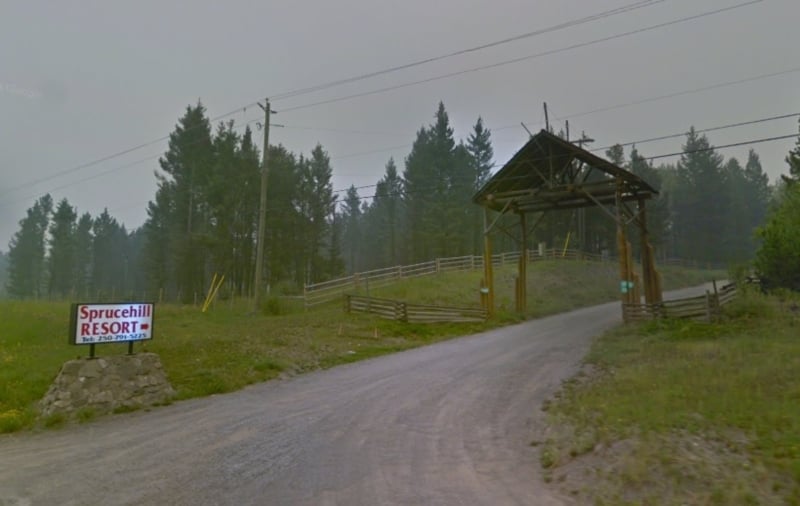Chinese business owner’s discrimination against white workers shows no one is exempt from human rights protection

By Jeffrey R. Smith
Racism is an ugly thing to see and even worse to endure if it’s directed at you. And discrimination based on race is never acceptable, regardless of who is the target and who is the perpetrator.
Some might argue that white people can’t truly experience racism, as they are traditionally part of the majority and they don’t experience the systematic and institutional racism that can put other races and ethnicities at a disadvantage from the start. However, it doesn’t mean people who identify as Caucasians, like anyone, can be discriminated against, particularly in their employment if they experience adverse effects because of their skin colour. Race is a protected ground under human rights legislation and it applies to everyone.
Several Caucasian employees at a B.C. resort recently claimed they were subjected to racial discrimination when a new owner bought the resort and took over. The owner was of Chinese descent and soon began renovation of the resort. Because of the renovation, the resort couldn’t operate at full capacity and revenue was down while work on the resort went forward.
The new owner soon made it clear that he wanted to reduce costs and his preferred way of doing that was to hire Chinese students to work at the resort and be paid a salary. The owner erroneously believed he didn’t have to pay overtime or holiday pay to salaried workers – and most of the Caucasian employees were paid by the hour. The owner also made statements to the effect that Chinese workers would work more and not demand overtime, and his white employees were too expensive and he wanted them gone.
The owner began hiring Chinese workers and assigning them the duties normally done by the Caucasian employees. Before long, the hours of the Caucasian employees decreased until some were barely working. Shortly after a long weekend in which no Caucasian employees were given hours and the Chinese workers weren’t paid holiday pay, seven Caucasian employees were fired or quit.
The B.C. Human Rights Tribunal noted that the employees identified themselves as Caucasian and Chan repeatedly referred to them as such, as well as “white.” As a result, they were protected under the B.C. Human Rights Code for their race. In addition, the tribunal found they had reason to believe they had a future working at the resort, and the end of their employment — whether they quit or were dismissed — had an adverse impact on them.
In addition, all of the owner’s hires were Chinese and all the employees who had their hours reduced or were terminated were Caucasian. He could provide no reasonable explanation for why the new Chinese workers were hired and were given the duties of the Caucasian workers – especially since he frequently made comments about white versus Chinese workers, which created a discriminatory environment, said the tribunal.
The tribunal found the Caucasian employees were subjected to racial discrimination and ordered the owner and the resort to pay more than $113,000 in compensation for lost wages and $60,000 in damages for injury to dignity, feelings, and self-respect to the seven Caucasian employees: See Eva obo others v. Spruce Hill Resort and another, 2018 CarswellBC 2902 (B.C. Human Rights Trib.).
Even though white people aren’t often considered victims of racial discrimination, it’s still possible non-white owners and managers can discriminate against white employees in their employment – and be on the hook for damages for human rights violations. No employer is exempt from human rights obligations and no employee is exempt from human rights protection. It’s just not a good idea for any employer to negatively affect a worker’s employment for any reason related to the worker’s race.




